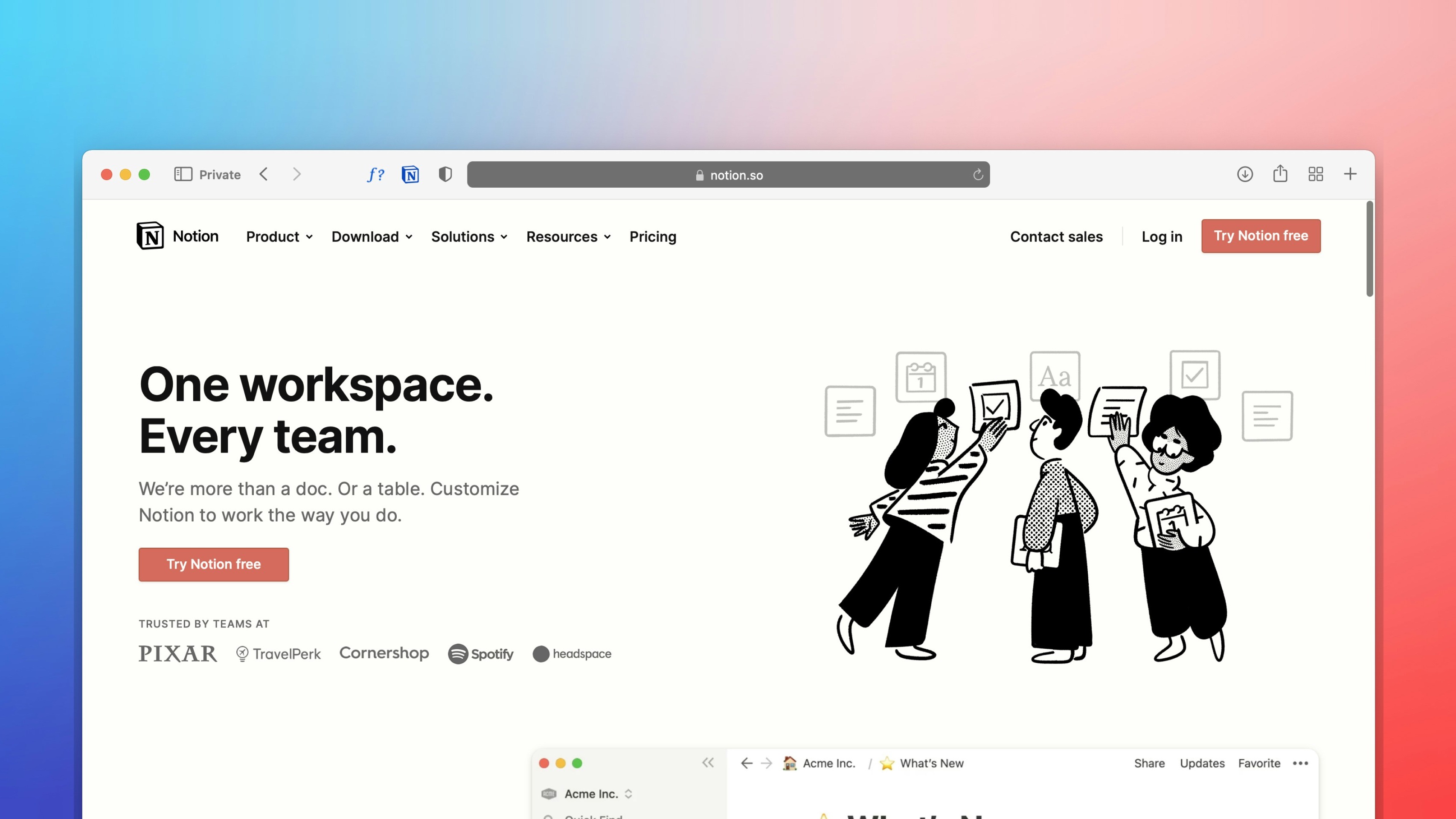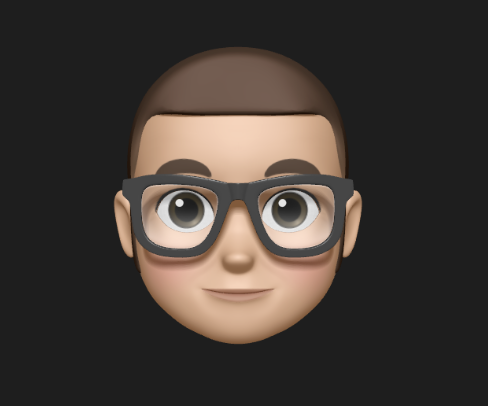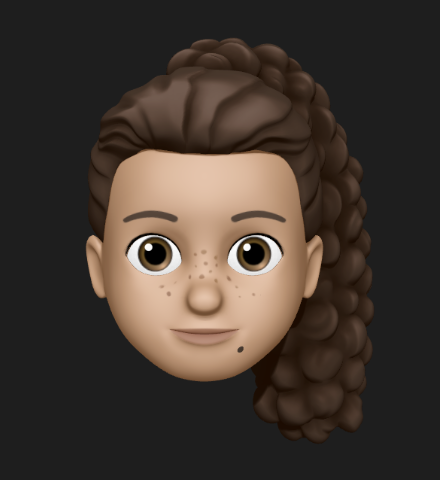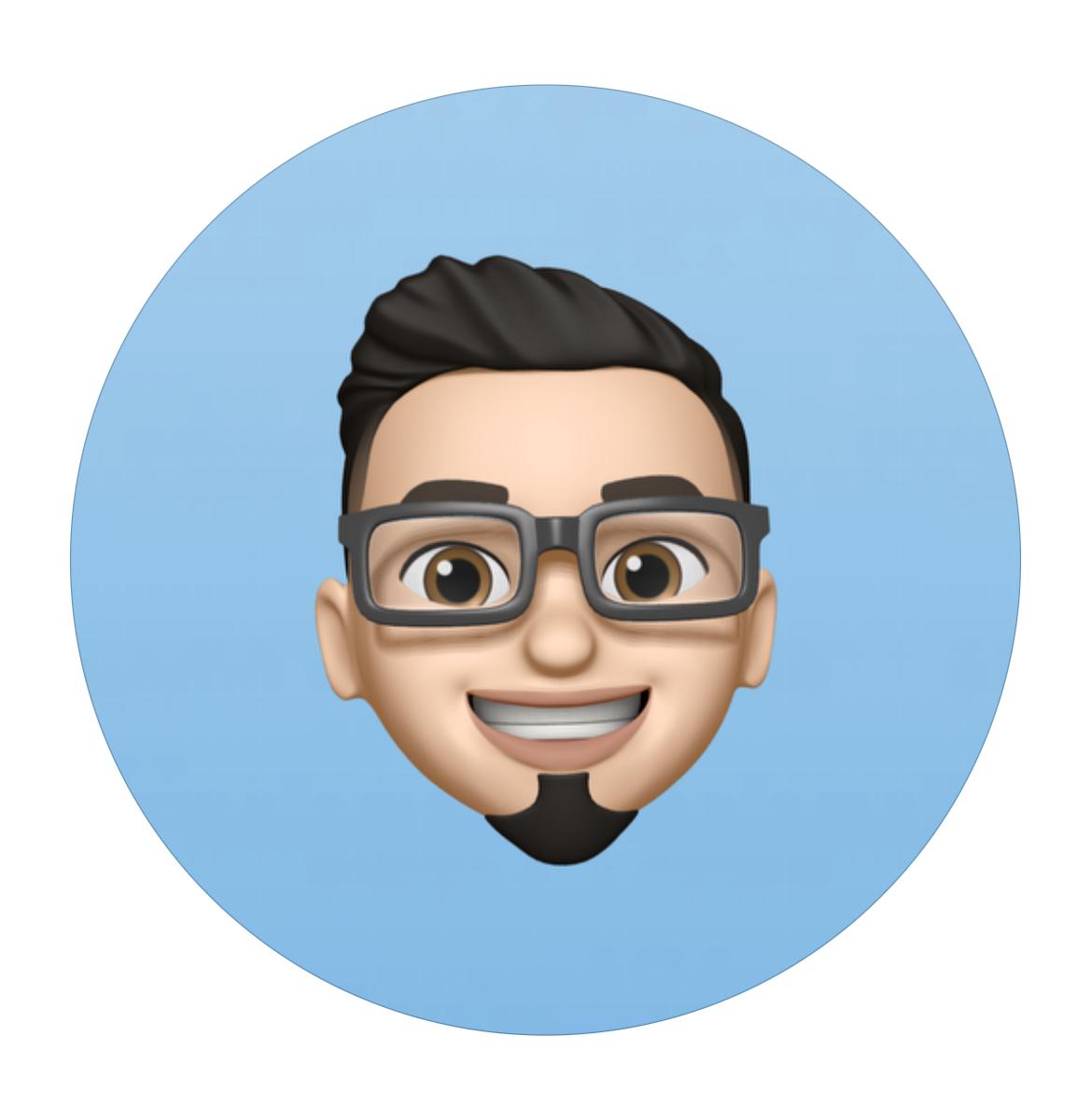 Freelancer tips
Freelancer tips Notion: What It Is, What It’s For, and How to Use It in Your Daily Life
Want to better organize your life and work? Notion can help boost your productivity. Click here to discover what this software is and what it’s used for.



In the world of freelancers, there are often ups and downs, just like in our everyday lives. However, sometimes obstacles seem to have no practical solution. This is where design thinking emerges as an invaluable tool for freelancers, proposing innovative approaches to solve problems and create effective solutions.
By applying the principles of this methodology, you have the opportunity to improve the quality of your services as a freelancer and strengthen your relationship with clients.
But first, you need to understand what design thinking is and how to make the most of it. And that's what we're bringing you in this post, along with some clear advice and relevant examples.
Design Thinking is defined as a methodology focused on fostering innovation and is used for tackling complex problems. Design Thinking is based on creative collaboration along with understanding the desires, needs, and experiences of customers.
The goal of Design Thinking is to develop user-focused solutions, considering technical viability and commercial feasibility.
Design thinking serves as a creative and strategic guide for solving problems and innovating in different areas. In other words, it is useful for multiple purposes, including:
Developing teams: It encourages teamwork and interdisciplinary collaboration, which can enhance your creativity as a freelancer.
Innovation: It promotes the generation of ideas and creative solutions, making it valuable in the preparation of essays. Especially when addressing business conflicts from various stakeholder perspectives.
Organizational change: It facilitates the implementation of changes within organizations.
Improving processes: It is used to optimize and enhance existing processes in a company, identifying opportunities and efficiencies.
In summary, Design Thinking is a powerful tool that can be applied in a business, to find job opportunities, or to make marketing strategies.
Design thinking offers several benefits that significantly contribute to your career as a freelancer, some of them are:
Risk Mitigation: It can help reduce the risk of developing solutions that are not well received by clients by integrating user feedback from the initial phases.
Holistic approach: It addresses problems in an integral way, considering technical and commercial aspects. But above all, it meets the emotional and psychological needs of your clients.
It's flexible: Design Thinking easily adapts to different circumstances and challenges, allowing you to apply it in various situations.
Increased efficiency: Since it addresses user-centered problems and welcomes a collaborative approach, it helps you optimize processes. As a result, decisions will be more efficient.
It also improves communication by employing tools that simplify the understanding of ideas and concepts.
Design thinking is structured in five key stages, each of which is essential for success if you decide to use it:
In this initial phase, the goal is to deeply understand the clients and their needs. This can be through interviews or observations with the intention of gathering information and discovering how a particular problem affects them. Foreign companies like Oral-B or Nike apply design thinking to empathize with their customers.
Based on the collected data, it is decided which problem to address. That is, the findings are synthesized to establish the statement of a precise and focused issue.
In this third phase, creativity is vital, as designers generate as many ideas as possible to address the established problem. Here, the active participation of the entire team in ideation sessions is encouraged.
By this point, tangible prototypes representing some potential solutions are created. We're talking about diagrams, models, or visual plans that work to visualize and evaluate the generated ideas.
Finally, tests and evaluations of these prototypes are carried out on real clients, so that failures can be seen. Then, the compiled feedback is used to perfect and refine the solutions, which closes the iterative cycle.
These stages can be iterated as necessary.
The flexibility of Design Thinking gives you the opportunity to adjust and adapt the process based on the changes and discoveries made during the development of the project.
The Facilitator is the person in charge of guiding and leading the team's activities at different stages of the Design Thinking process. Their main role is to create a collaborative environment and ensure that each team member connects with the users.
Some key characteristics and responsibilities include:
Encouraging collaboration.
Knowing how to listen.
Guiding the process.
Encouraging empathy.
Managing group dynamics.
Promoting experimentation.
In summary, the facilitator helps optimize the team's effectiveness in the context of design thinking.
Design thinking is used to generate ideas about solutions, and can be very beneficial if you add it to your freelance work, especially in the way you approach your projects and services.
Here are some ways to incorporate Design Thinking into your work:
Apply the empathy phase: Understand in depth the needs, preferences, and expectations of your clients through analysis that provides valuable information.
Create a virtual collaborative space: Facilitate virtual collaboration with the help of online platforms, as it simplifies effective communication between home office work teams.
Offer user-centered experiences: Design in all your projects experiences oriented towards your clients. Ensure that every aspect is intuitive and satisfactory for them.
Practice rapid prototyping: Experiment with preliminary versions of your work before finalizing the definitive version to capture early feedback. Initial versions should be functional enough to give a clear notion of the solution, but not necessarily complete.
In other words, you can implement design thinking by providing a solution, product, or service that meets the real needs of your clientele, offering attention in an innovative way.
Innovative ideas often require resources to be created and there are many tools available to help.
Here are three examples
You can use Google Forms to gather quick and valuable information from the target audience. It is excellent for asking specific questions and obtaining precise opinions.
Google Forms allows you to organize the responses for detailed analysis, make it a convenient choice for the empathy phase and the prototype testing.
Facilitates the creation of mind maps and the possibility of sharing them, which is ideal for teamwork and collaborative planning.
Wisemapping is a free and accessible tool that classifies information and contributes to the effective organization and visualization of concepts.
It can be helpful in the definition and ideation stage of design thinking.
If you are looking for a quick and accessible resource for prototyping, Prototyping on Paper is the answer.
POP transforms sketches into interactive pieces for mobile devices, which is perfect if you are a freelancer with little time or resources.
The app is compatible with iOS and Android systems.
Miro, Trello, and Lucidchart are other tools that cover various aspects of the design thinking process. Starting with brainstorming and ending with prototype testing.
Given the versatility of design thinking, it is expected that large corporations and smaller companies turn to this methodology in search of sustained growth.
Here are 3 inspiring examples:
The renowned technology company launched an innovation lab where it offers users free design thinking courses and tools.
This initiative reflects IBM's commitment and empathy by implementing it in their work processes. Moreover, it is evidenced by the success in their own teams, which are now available to anyone who wants to try it at no cost.
Despite the initial conception of the electric car in the 19th century, it was not until the 21st century that its mass adoption occurred. Environmental demands added pressure to stop building new gasoline-powered engines, while consumer demand for the general characteristics and aesthetics of a car persisted.
It was there that Tesla came to empathize with people who needed a convenient way to get around, without polluting the environment - and tried to meet this demand with Silicon Valley electric motor technology.
The company set out to create a premium sports car with the intention of "accelerating the world's transition to sustainability."
Apart from marking a milestone in the automotive market revolution, Tesla sought to meet the performance and aesthetic expectations of the most demanding consumers.
The case of Amazon illustrates how design thinking goes beyond creating products.
Jeff Bezos had the idea of selling books online after identifying the demand for low-cost products. But after deeper analysis, he concluded that he needed to expand the offer, including other types of merchandise, such as CDs or video games, for example.
Noticing changes in online consumption habits, the platform evolved and became an integral store, solving numerous consumer needs.
This customer-centered approach has managed to position Amazon at the top of the most successful online stores in the world.
As you can see, design thinking can help you redesign the strategy you have in your freelance career, making you more competitive within your niche. This, in turn, will bring more clients to your business from all over.
And don't forget that to facilitate everything at the time of collecting payment for your services, you can count on DolarApp. Not only do we provide you with USD account details in your name in the United States, but you can also request an international debit card and make exchanges from dollars to pesos and vice versa, always with the best exchange rate.

The world has borders. Your finances don’t have to.
 Freelancer tips
Freelancer tips Want to better organize your life and work? Notion can help boost your productivity. Click here to discover what this software is and what it’s used for.

 Freelancer tips
Freelancer tips Project chaos? Learn how Trello can help you organize tasks and improve your productivity.

 Freelancer tips
Freelancer tips ClickUp can make any freelancer more productive. Discover what it is, how it works, and the advantages this tool offers you


